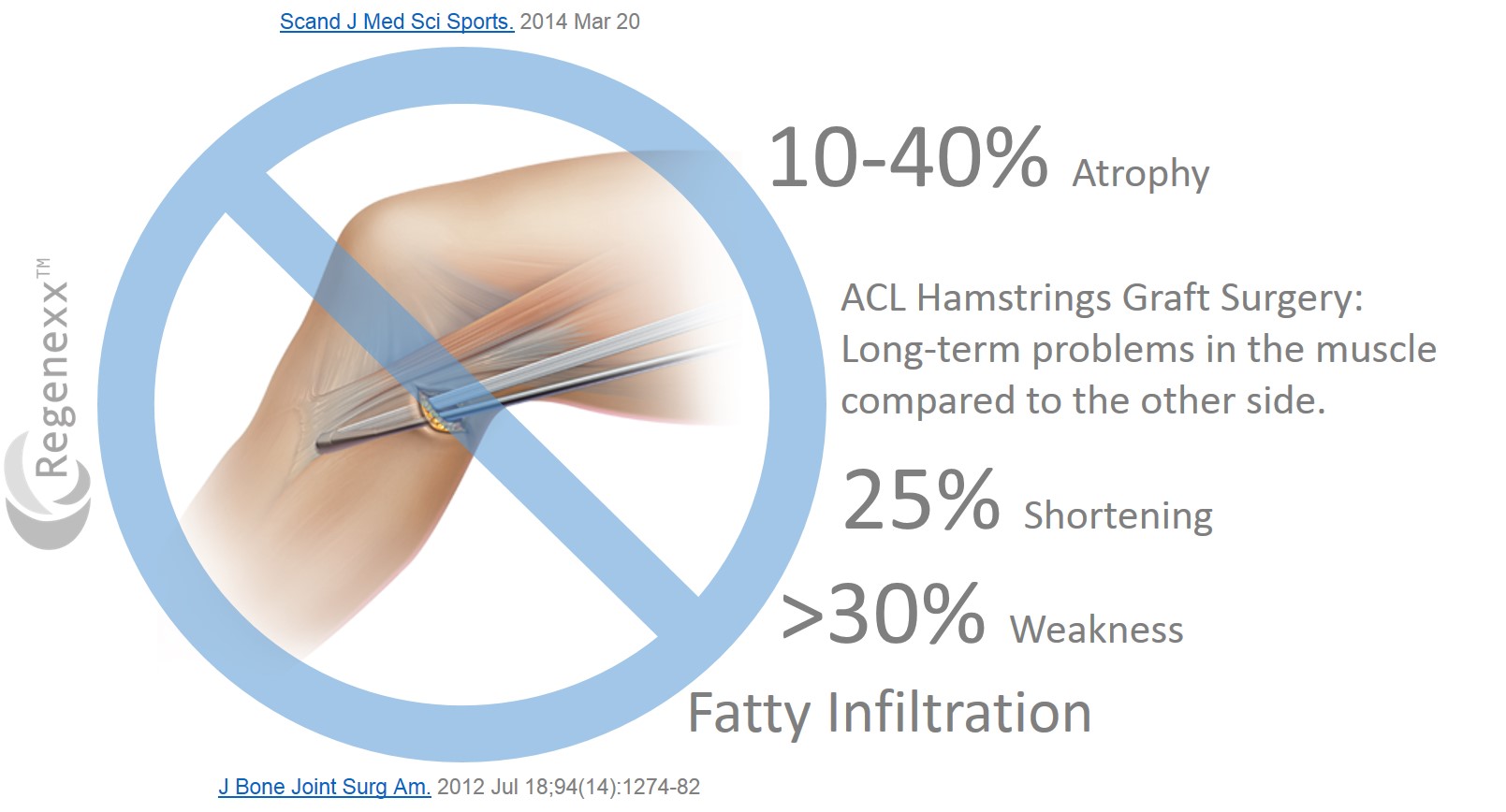The anterior cruciate ligament (or most commonly known as ACL) is just one of the most important ligaments in our knee. This ligament is crucial for stability and serves as a controller in excessive knee joint movement. People with injured ACL usually complain that their knees are “giving out” or put simply, couldn’t hold them.

Most ACL injury cases are sports-related. From these cases, most do not need surgery. But when a surgery is needed, know that there are several noted risks or complications.
Stiffness (a.k.a. Arthrofibrosis)
Stiffness or arthrofibrosis is often encountered by patients who had undergone ACL surgery. To avoid this, the patient must not be afraid of doing light knee movements. Doctors will coach you how to perform little exercises just to get your knee moving, and most of them will refrain from giving you braces.
There is, however, an exemption in performing the exercises and can be determined through rehabilitation. This is when a patient develops Cyclops lesion, an occurrence when a ball of scar tissues materializes in front of the knee. When this happens, the patient won’t be able to fully stretch his leg or knee.
The Anterior Knee Pain
This condition is the most common of complications in patients who had ACL surgery. It is characterized with pain surrounding the kneecap. The surgery performed for the patients who usually ail with this kind of pain is what they call patellar tendon graft wherein a bone has been removed from the kneecap. The pain can be overcome through rehabilitation and general physical therapy.
Infection
Infection after a knee surgery is a rare case but can be really serious when it happens. Usually, this occurs to patients who had undergone graft surgery and if this happens, the graft must be removed to stop the infection. Most surgeons advise that a patient must perform cleaning the knee with anti-bacterial soap before surgery. You can tell if the patient has developed an infection if he (or she) experiences fever, chills and knee swelling.

